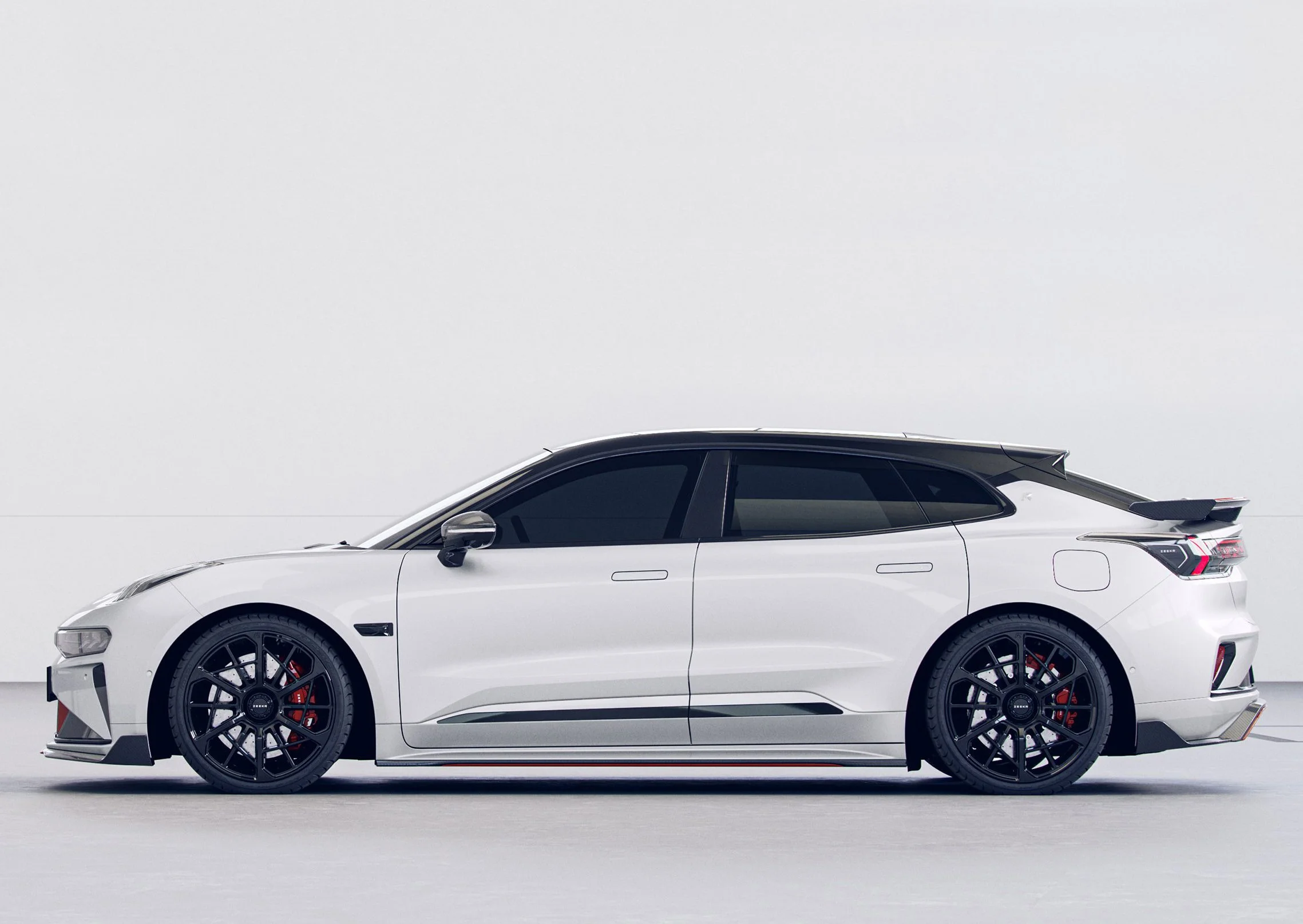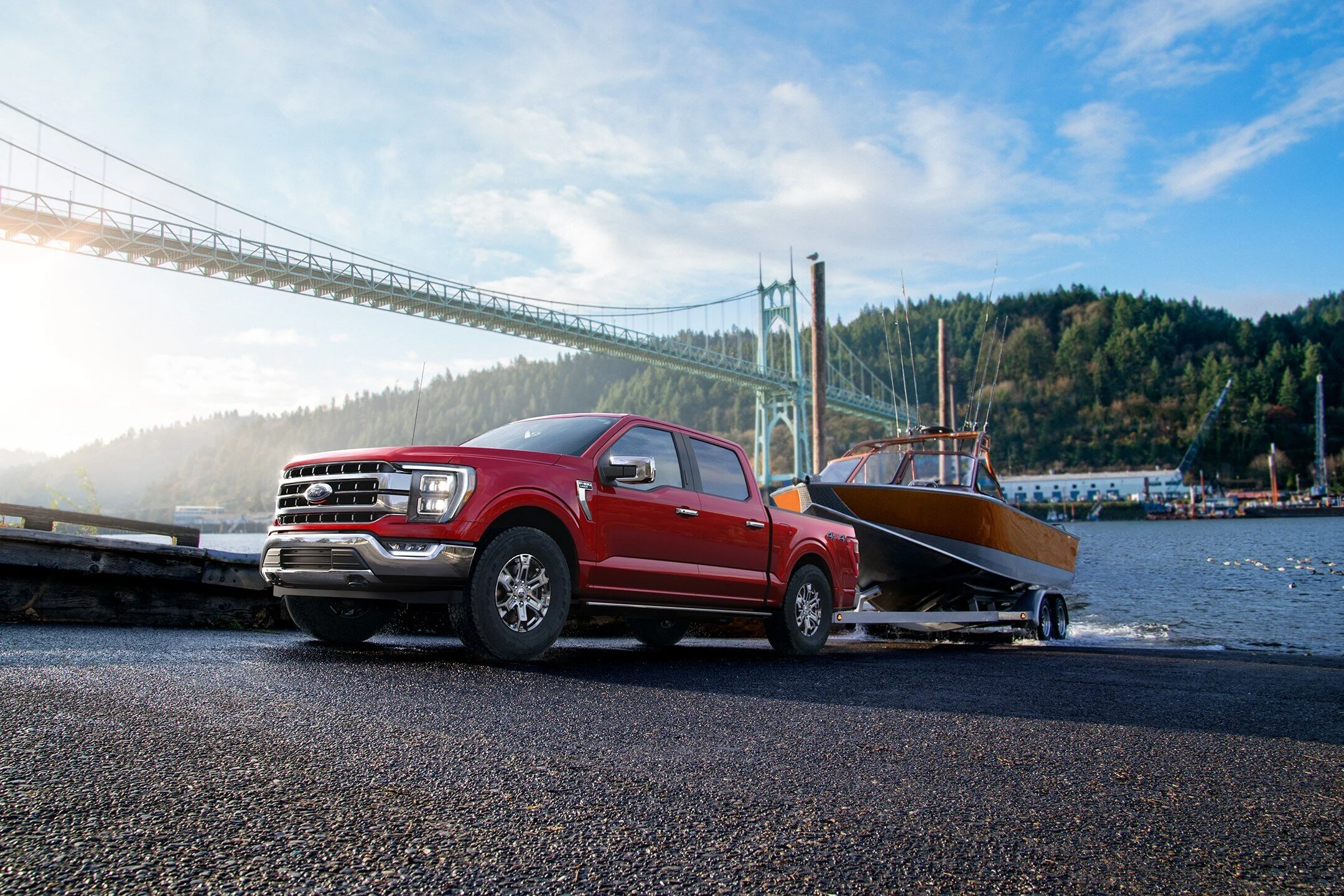2024 Ford F-150 Focuses on Hybrids, and I’m Not Mad
By Edward A. Sanchez — Sept. 13, 2023
I’m an EV owner and enthusiast. But I’m also a rationalist and pragmatist. Except for suburban weekend warriors in the Sun Belt, EV trucks aren’t ready for primetime, or to do hardcore “truck stuff” for the most part. The one thing in particular that EV trucks aren’t great at is towing. Until batteries become considerably lighter and more power-dense, you’re likely better off getting a diesel, or perhaps a hybrid pickup.
Ford evidently feels the same way. Despite the relative success and popularity of the F-150 Lightning, the company is pledging to double production of the F-150 PowerBoost hybrid. As an added incentive to adoption, the PowerBoost will be priced the same as the “normal” 3.5L EcoBoost F-150. We don’t have a lot more detail than that, and I’m assuming the standard PowerBoost configuration will remain the 2.4 kW version, not the 7.2 kW “high-output” version. If it were the latter, the choice to get the PowerBoost would be a no-brainer.
Ford has pledged to focus on hybrids going forward as uptake on some of its EV models is a little less enthusiastic than initially anticipated (primarily the Mustang Mach-E.) I hope Dearborn goes a step further and introduces a PHEV version of the F-150. The truck with, say, a 35-50 kWh battery pack, a 30-45 mile EV range, plus the 7.2 kWh onboard inverter (or even up to the Lightning’s 9.6 kWh), and a MPGe of 40-45+ mpg would be a huge hit.
I personally know many EV skeptics who are fans of the PHEV approach. From a purist, fundamentalist EV standpoint, PHEVs are redundant, wasteful, and inelegant. But in practice, they’re a great fit for many people who don’t live in a charging oasis.
I have been a critic of Toyota’s shadow FUD campaign against EVs. But Toyota is nothing if not pragmatic. The company, and others, have rightfully pointed out that the public charging infrastructure in much of the U.S. is not yet ready for large-scale adoption of full EVs. The beauty of PHEVs is that they can be used as EVs for many day-to-day use cases, but rather than inducing range anxiety once the charge gets low, lets drivers breathe easy knowing the gas engine will seamlessly kick in and keep the party going until you can make it to the next charging station or gas pump.
I look forward to the day where everything from entry-level subcompacts up to an HD pickups, and even Class 8 trucks, can be fully electric and it won’t be a political lightning rod or perceived of as an insidious socialist agenda. But we’re not there yet and likely won’t be for a decade or more.
In the meantime, especially in the context of pickup trucks, hybrids make a lot of sense. Better fuel economy and more power is always an easy sell. The F-150 PowerBoost has both. I could see an “E-Boost” F-150 PHEV being as, if not even more popular than, the PowerBoost or even the Lightning. I can’t help but think one is on the drawing board, or even undergoing validation testing in Dearborn. Guess we’ll see in 2025 or 2026.
(Images courtesy Ford)








